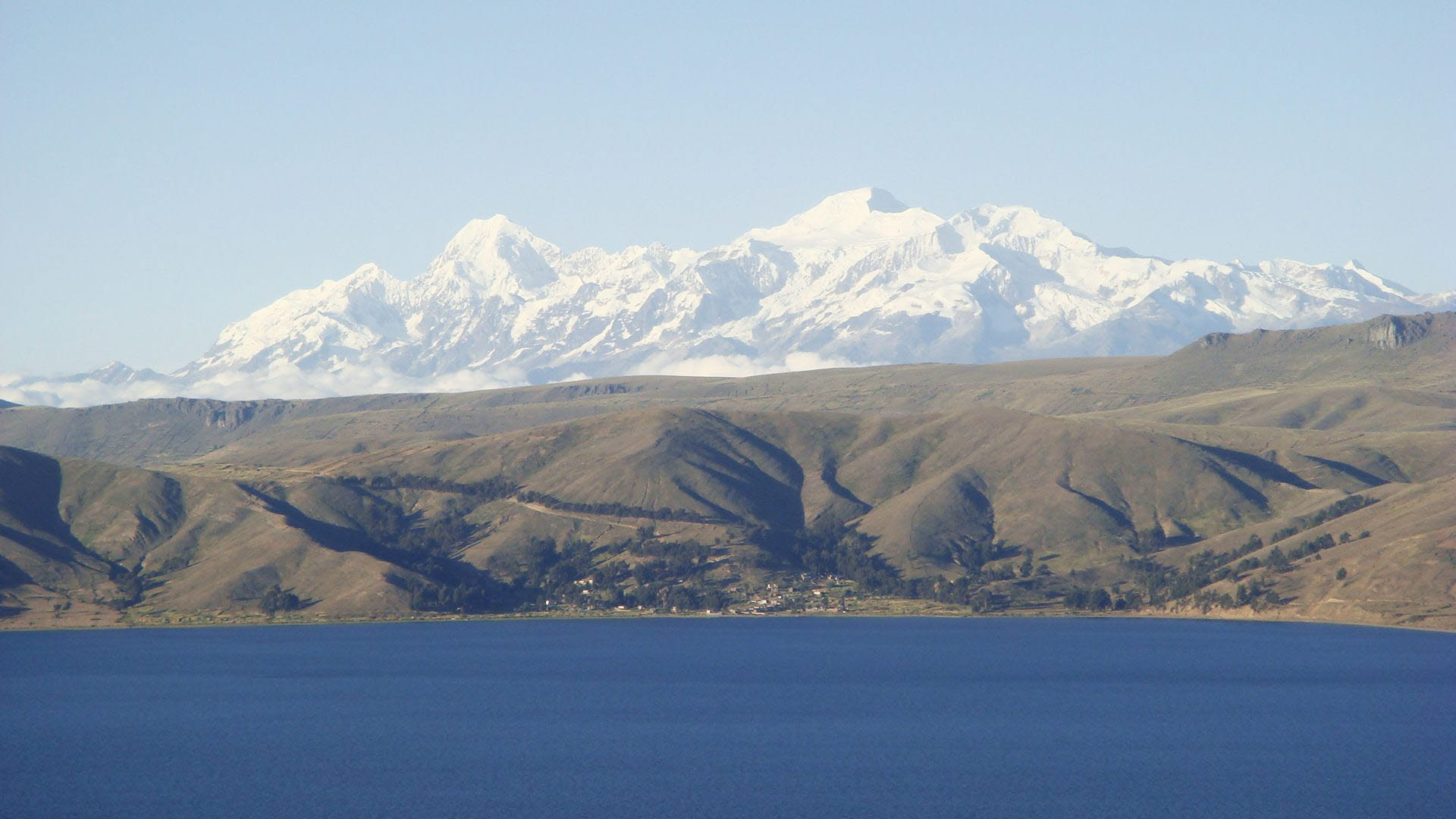Jeune Equipe Associée à l’IRD - FERRIA
People involved
Flow Environment Relationships : Research and Interdisciplinay Applications
Freshwater is a finite and vulnerable natural resource, source of culture, energy, foods, industry, biodiversity. It also supports a large range of ecosystem properties and services. Freshwater management is thus critical to preserve peace and wellness. Therefore, the sixth UN-SDG promotes a framework of sustainable Integrated Water Resources Management (IWRM), considering the satisfaction of human needs, but also the environmental conditions guaranteeing the continuity of ecological processes and the stability of aquatic life. The 2018 UN evaluation of IWRM implementation shows a deficit in the Andean countries. The Altiplano (high Andean plateau from Peru and Bolivia) sustains a population of over 2 million people mainly indigenous. Most of this population is in condition of structural vulnerability and low resilience capacities in front of climatic changes scenarii. As other Andean regions, Altiplano is affected by a significant increase in water demand for basic population needs, agriculture and industry in a sensitive context of climate change. The Bolivian government requested IRD’s support to develop E-flows concept and methods in the territory. The environmental flows concept (E-flows) describes the quantity, timing, and quality of water flows required to sustain freshwater ecosystems and the human wellbeing. It’s a useful concept to address the need of environmental consideration in IWRM. E-flows methods are mainly based on hydrological/flow-ecological relationships to depict flows that conserve ecosystem proprieties. However, E-flows implementation is limited by a lack of fundamental long-term monitoring and evaluation of E-flows consequences and insufficient research efforts directed at explicitly defining flow-ecology linkages.
The main objective of our FERRIA project is to develop interdisciplinary studies on the characterization of flow regimes (natural and impacted) and the flow-ecology relationships in high Andean rivers and wetlands, in order to support regional IWRM implementation.
It is organized in three work packages (WP).
The two first WP, Hydrology and aquatic Ecology, based on field and experimental observations, are designed to depict consequences of flow regime alteration on the natural flow-ecology relationships, in an interdisciplinary work. These two WPs also aim at identifying the species and hydrological indices that may serve as indicator of the ecological condition of altiplano aquatic systems. Comparisons will be conducted with one experimental site in Ecuador in order to test the possibility of a broader regional application.
The third WP (Applications) aims to provide methodological guide for E-flows evaluation in Altiplano aquatic systems and test it on two contrasted situations (natural and impacted).
Scientists from two research institutes of the national university of La Paz (UMSA) are involved: Instituto de Ecología (IE) and Instituto de Hidrología e Hidráulica (IHH).
FERRIA project is thus designed to support a strong interdisciplinarity exchanges, but also transfer of knowledge and capacity building thanks to close collaboration between Bolivian, Ecuadorian and French scientists. Bolivian students will be trained in the framework of a free master program of the UMSA in which FERRIA participants will be involved. We hope this generation of young technicians and scientists would be an important contribution for IWRM implementation in Bolivia and in the Andean region.
- Coordinateur : Carlos Molina , Universidad Mayor de San Andres, La Paz (UMSA)

